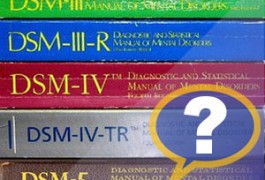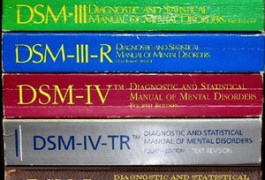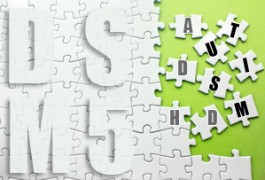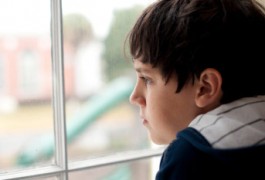Gold standards
The Autism Diagnostic Observation Schedule and the Autism Diagnostic Interview-Revised are the most reliable diagnostic tests for autism, according to a systematic review.

The Autism Diagnostic Observation Schedule and the Autism Diagnostic Interview-Revised are the most reliable diagnostic tests for autism, according to a systematic review.

Crowdsourcing allows volunteers to become citizen scientists, archivists and journalists. Ventures such as the Interactive Autism Network can harness their power to advance autism research, say Paul Law and Cheryl Cohen.

We now know that people with autism have a much broader range of language ability than previously thought. How can we measure subtle language deficits in this group?

We are on the verge of a seismic shift in the definition of autism spectrum disorders, says David Skuse. Under proposed guidelines for autism diagnosis, the canard that most people with the disorder cannot speak, or have such disordered language that they cannot sustain a conversation, has been abandoned.

The research and advocacy organization Autism Speaks plans to launch a nonprofit arm that will fund companies to develop treatments for the disorder, Robert Ring, head of translational research for the organization, announced yesterday at the Autism Consortium Research Symposium in Boston.

Which test a clinician uses to diagnose a child with autism may determine whether that child meets the criteria proposed in the newest version of the Diagnostic and Statistical Manual of Mental Disorders.

A subset of questions on two behavioral screens can distinguish children with autism from those with other developmental disorders, according to a study published 23 August in Autism.

Girls are less likely to be diagnosed with autism than boys are, unless they also have intellectual or behavioral problems, according to a study published 26 June in the Journal of the American Academy of Child and Adolescent Psychiatry.

Calibrated severity score, a test based on the Autism Diagnostic Observation Schedule, provides a measure of autism symptoms that is independent of age and language ability, according to a study published 24 May in Autism Research.

A tool designed to detect psychiatric disorders in people with autism may produce more accurate estimates of co-occurring conditions.